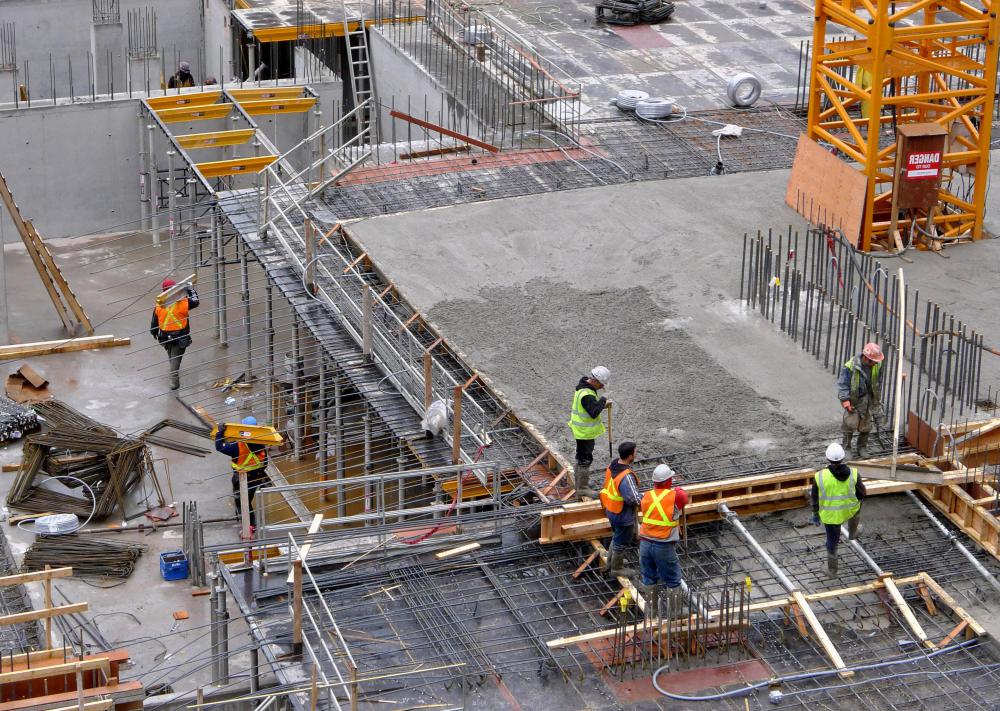At MyLawQuestions, we're committed to delivering accurate, trustworthy information. Our expert-authored content is rigorously fact-checked and sourced from credible authorities. Discover how we uphold the highest standards in providing you with reliable knowledge.
What Is School Zoning?
In most jurisdictions throughout the world, the use of land is regulated or "zoned." Zoning laws dictate how particular parcels of land may be used, what may be built on the land, and what type of business may be operated on the land, among other things. One type of zoning found in most jurisdictions is school zoning. School zoning is the term used to describe the process by which a jurisdiction determines that land is to be used for a daycare or preschool, primary, or secondary school.
In most jurisdictions, zoning laws are determined by the local or state legislature. The purpose of zoning laws may change from one jurisdiction to another. In some countries, or localities, zoning is necessary to regulate land where land is at a premium. For example, in densely populated countries such as India or Japan, land use is heavily regulated. In other jurisdictions, land use may be regulated in order to preserve park lands, to maintain the look of a particular neighborhood, or for any other reason a legislature determines is appropriate.

Legislation is also frequently enacted to determine school zoning. In many jurisdictions, school zoning is necessary to set aside specific areas where a preschool, primary, or secondary school may be built. In order to ensure that adequate land is available to serve all the students in a school system, the local legislature will devote certain plots of land to school zoning, meaning that only an educational facility may be erected on the land.

A school zone will have an impact on the residents or businesses that live or operate in the general area as well. In many cases, when an area is designated as a school zone for zoning purposes, commercial or industrial zoning is not allowed nearby. This is particularly true if the land is intended to be used for a preschool or primary school facility, as younger children will be using the facility.

Another effect of school zoning for residents, or motorists driving through the area, is that the speed limit is generally considerably lower in school zones during normal hours of operation of the school. Understandably, lawmakers often want to protect the children who may be walking to or from school each day. As a result, strict speed limit enforcement is common in school zones and violators may expect to pay a hefty fine for violating the speed limit in a school zone.
AS FEATURED ON:
AS FEATURED ON:













Discussion Comments
There are other legal issues surrounding school zoning as well.
One of the most topical is sex offenders (and other criminals). They aren't allowed to live, or in many cases, to walk or be within any kind of school zoning.
Which sounds fair enough, even the best thing to do, until you consider that in some cases a "sex criminal" is an 18 year old who slept with his 17 year old girlfriend and got caught.
And I just read an article about how even if you grow marijuana legally for pain medication in states where that is allowed, you are still not allowed within school zoning areas.
I think people can get overly paranoid. Yeah, you might argue it's better to not take chances, but enforcing that kind of law can lead to ruining peoples' lives.
@umbra21 - How else would you do it then? The kids of rich parents are always going to pull strings to get their kids the best education they can.
If the kids of your landlords aren't going to a private school it sounds like they aren't even all that well off.
Zoning laws are necessary to ensure that schools won't be filled up with children from too far away, forcing other children to bus to another school district as well.
With the zoning laws, they can make a rough estimate on how many kids to expect in any given year.
I believe in some places the average income of the people in the school district also determines how much money the school gets from the government in order to subsidize fees and things, but that might be different from place to place.
Often zoning determines which school your kids get to go to and sometimes that can be quite unfair.
My landlords bought the house I'm currently living in so that eventually their children would be able to live in the right zone to go to a particular school.
The house is in a very nice neighborhood, although it needs fixing up and they are going to keep renting it out while they do that.
Because this school is surrounded by nice neighborhoods, it ends up being a really nice school (lots of money coming in from donors, etc.)
Likewise, the schools of poor areas are going to be less well off in turn, and might not be able to give such a good education, which can socially cripple the kids who go there, so they can't get the kind of job, or attend the kind of university that the students of the nicer school zone can.
It's another way that poverty works.
Post your comments